Text


i always thought that dbh had passed me by but this case is too fitting
428 notes
·
View notes
Photo

[ SKETCHVEMBER - DAY 19 ]
Naoto Shibe Shirogane
114 notes
·
View notes
Text
Well played, crow. Well played
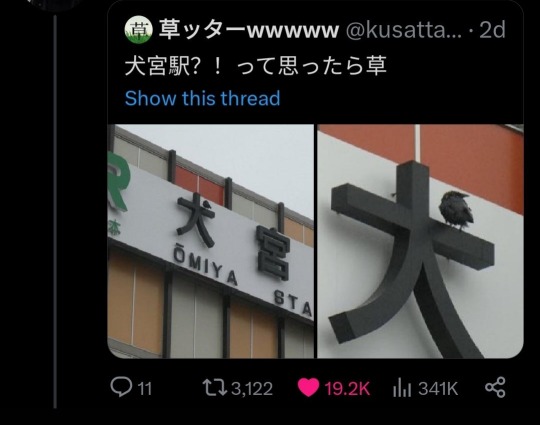
大 means 'big.' It's used as the place name for Omiya station.
犬 the extra stroke exactly where the crow is standing changes the meaning to 'dog.' So now it's dog-o-miya station.
This crow understands Japanese and is a genius prankster.
24K notes
·
View notes
Text

i tried to color , i rlly did but yb dk how to render 😪😪
n e ways been wanting to draw naoto so hope this is satisfactory 😢
255 notes
·
View notes
Photo

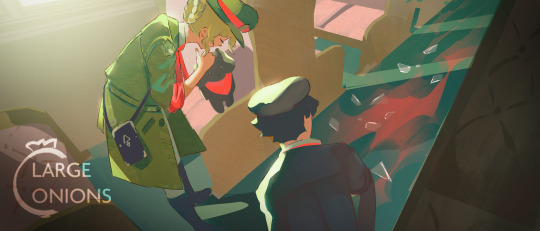

the great ace attorney: investigations
935 notes
·
View notes
Photo

the great ace attorney: investigations
the adventure of the wayward railway
store / twitter
898 notes
·
View notes
Photo

omg i forgot to post this here. my card for the great meiji tarot, ft gina as the hermit!
229 notes
·
View notes
Text
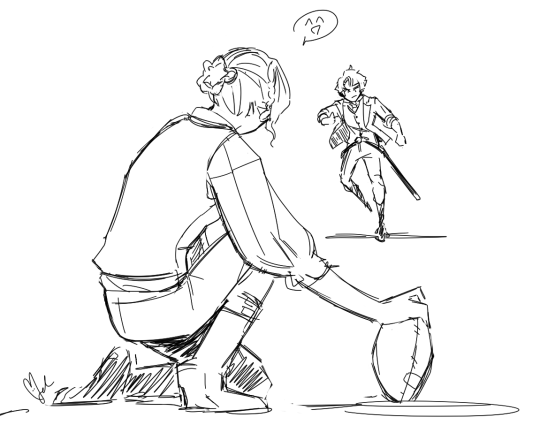
I promise I'll 'old it! 😁
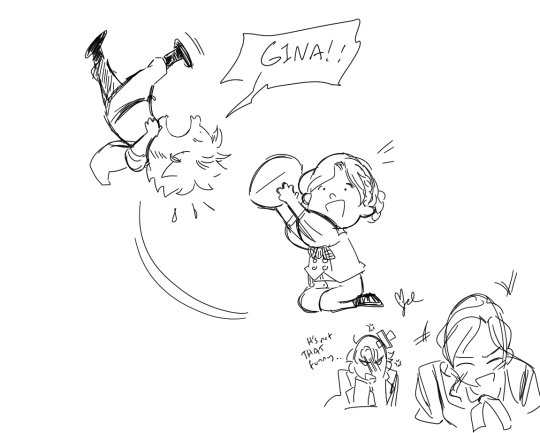
..or not 🤷♂️
322 notes
·
View notes
Photo

Gina warmup drawing
850 notes
·
View notes
Text
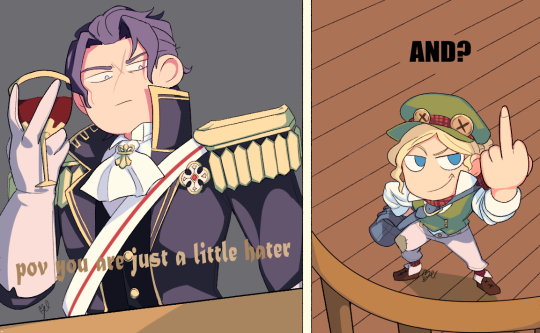
case 1-3 my beloved
899 notes
·
View notes
Text

(roleswap au) hello stranger
1K notes
·
View notes
Text



prosecutor ryuunosuke :’) (roleswap asoryuu)
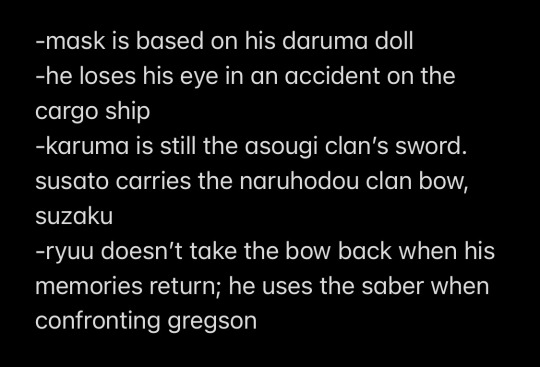
547 notes
·
View notes
Text
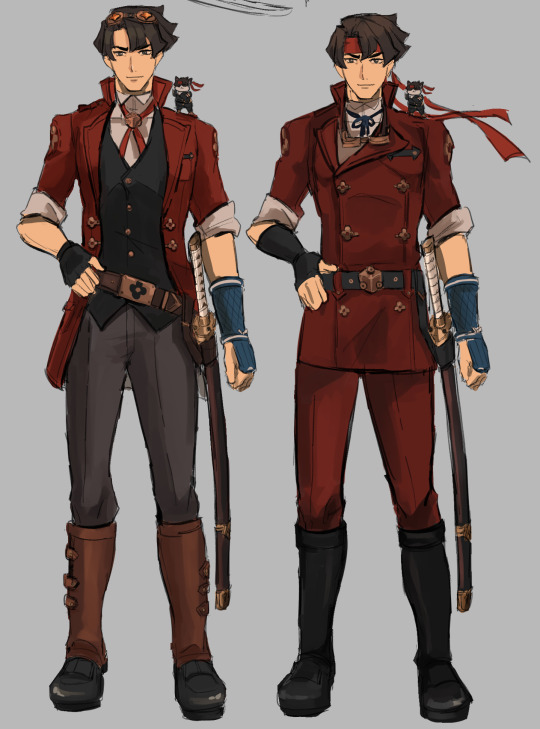


hope they are slaying in these roleswap designs i drew for funsies
AND i compiled a bunch of roleswap au art/doodles from last year! not much thought was put into it, i just wanted to play dress up but i still think about it from time to time (doodles below!)
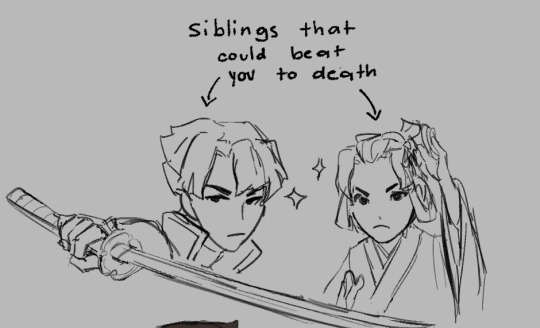



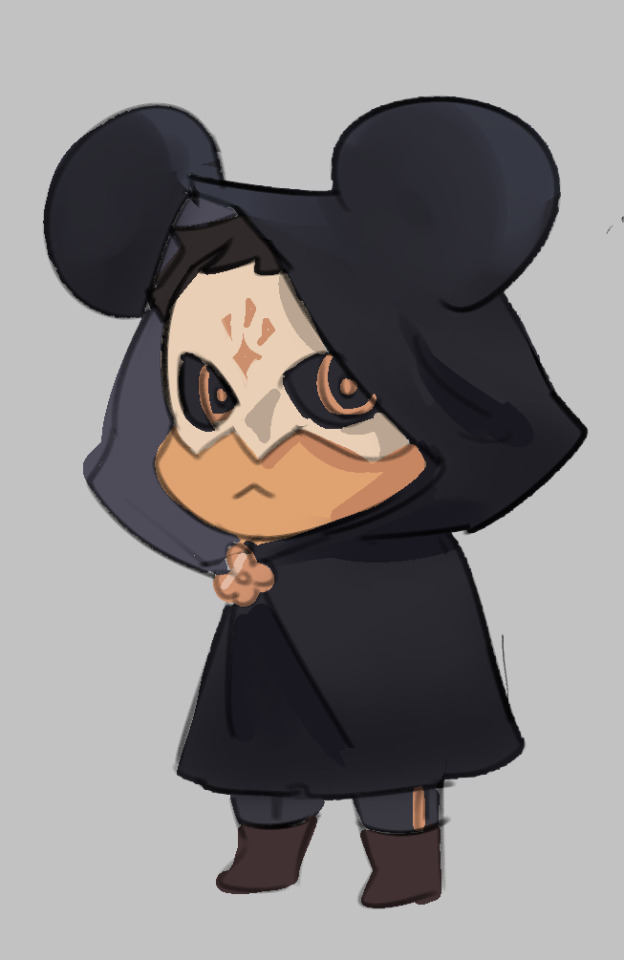

942 notes
·
View notes
Text
only rq of this week because i have a lot of comms to do\(º □ º l|l)/

1K notes
·
View notes
Note
Hi, is there any way you suggest so I could learn verbs & how they function exactly? I tend to get confused usually, I luv your blog btw❤️
Hello! Thank you for your question and for reading my blog! It means a lot to me! :) ❤️
Let's see. I believe the key to learning grammar is to first memorize the grammar structure that you have to learn, and then proceed to search for as many examples as you could until you feel confident enough to make your own sentences! Don't get discouraged if they are a bit forced(in such sense that Japanese will choose other ways to write the sentence), that's because your brain is still thinking in your first language! With time, advancing through the foreign language and discovering its own unique points will help you develop your intuition on what sounds as being correct and what doesn't.
When it comes to verbs, you'll have to retain the three groups that verbs come in: Godan, Ichidan and Irregular Verbs. For a better and easier understanding, they are also referred as Group I, II and III verbs. The attributed group of a verb is judged by the last one or two characters that the verbs end in.
GODAN (GROUP I) : う、く、す、つ、ぬ、む、る; ぐ、ぶ
例: 買う、着く、貸す、待つ、死ぬ、産む、売る; 脱ぐ、遊ぶ
ICHIDAN (GROUP II) : える、いる
例: 食べる 、借りる
⚠️GODAN VERBS confused as ICHIDAN VERBS and how to differentiate between them : 帰る(KAERU), 喋る(SHABERU), 入る(HAIRU). The prime method of telling the difference is by looking at the KANJI and what characters it encompasses. Usually, Ichidan Verbs has its endings written apart from the kanji: 変える(kaeru), whereas Godan Verbs encircles the え and い: 帰る(kaeru). Sometimes this rule won't apply, like in the case of 着る (kiru/to wear), which is an Ichidan Verb so the dictionary is the best call because it states the type of verb that you are dealing with.
IRREGULAR VERBS (GROUP III) : する、来る(kuru)
〔Note: Those are the only two irregular verbs〕
––––––––––––––––
Since we have cleared that out of the way, we must now come to learn the verb tenses, which are only two: PRESENT and PAST. Both have AFFIRMATIVE and NEGATIVE values.
PRESENT AFFIRMATIVE (dictionary form)
GODAN: 買う(kau)
ICHIDAN: 食べる(taberu)
IRREGULAR: する、来る(kuru)
PRESENT NEGATIVE
GODAN(う + わない/あない) : 買わない(kawanai)、 着かない(tsukanai)、 待たない(matanai)
ICHIDAN(える、いる + ない) : 食べない(tabenai)、借りない(karinai)
IRREGULAR: しない、来ない(konai)
PAST AFFIRMATIVE
GODAN ( う/る/つ + った ; く/ぐ + いた/いだ ; す + した ; ぬ/む/ぶ + んだ) : 買った(kau/katta)、売った(uru/utta)、待った(matsu/matta)、着いた(tsuku/tsuita)、脱いだ(nugu/nuida)、貸した(kasu/kashita)、死んだ(shinu/shinda)、産んだ(umu/unda)、遊んだ(asobu/asonda)
ICHIDAN(える、いる + た) : 食べた(taberu/tabeta)、借りた(kariru/karita)
IRREGULAR: した、来た(kita)
PAST NEGATIVE (same conjugation as Present Negative, but instead of ない, you use なかった)
GODAN: 買わなかった(kawanakatta)、着かなかった(tsukanakatta)、待たなかった(matanakatta)
ICHIDAN: 食べなかった(tabenakatta)、借りなかった(karinakatta)
IRREGULAR: しなかった、来なかった(konakatta)
⚠️ The PRESENT tense that you are taught as being PRESENT actually has a FUTURE value when used in sentences(90% of the time, at least, as I have yet to delve deeper into it, but most Japanese I have had conversations with, they all have taught me that this is the primary usage). If you wish to express that an action is happening at the moment of speaking or at this point in time, you HAVE to use the ~ている conjugation.
Let's take the Group III verb 勉強する(benkyousuru) as an example:
PRESENT: 日本語を勉強している。
I am studying Japanese.
FUTURE: 日本語を勉強する。
I will study Japanese.
If you(or anybody else at that matter) have any more questions, please do ask! I can explain more about verbs(the difference between simple past tense and the ~ていた conjugation; or the formal ~ます conjugation; transitive/intransitive verbs) and some other things, too! I love to be of help. :)
And never forget to learn languages as a way of having fun! Learn it like a child would do! Speak with people, listen to audios, watch movies in the specific language and it'll come easy for you to understand its uniqueness in no time!
お疲れ様です!
––––––––––––––––
VOCABULARY LIST:
買う (kau) - to buy
着く (tsuku) - to arrive
貸す (kasu) - to lend
待つ (matsu) - to wait
死ぬ (shinu) - to die
産む (umu) - to give birth
売る (uru) - to sell
���ぐ (nugu) - to undress, to take off (shoes, clothes etc.)
遊ぶ (asobu) - to play
食べる (taberu) - to eat
借りる (kariru) - to borrow
する (suru) - to do
来る (kuru) - to come
帰る (kaeru) - to return home
喋る (shaberu) - to chat
入る (hairu) - to enter
変える (kaeru) - to change
勉強する (benkyousuru; formed with the noun benkyou and the irregular verb suru) - to study
日本語 (nihongo) - Japanese language
例 (rei) - exempli gratia(e.g.)
294 notes
·
View notes

